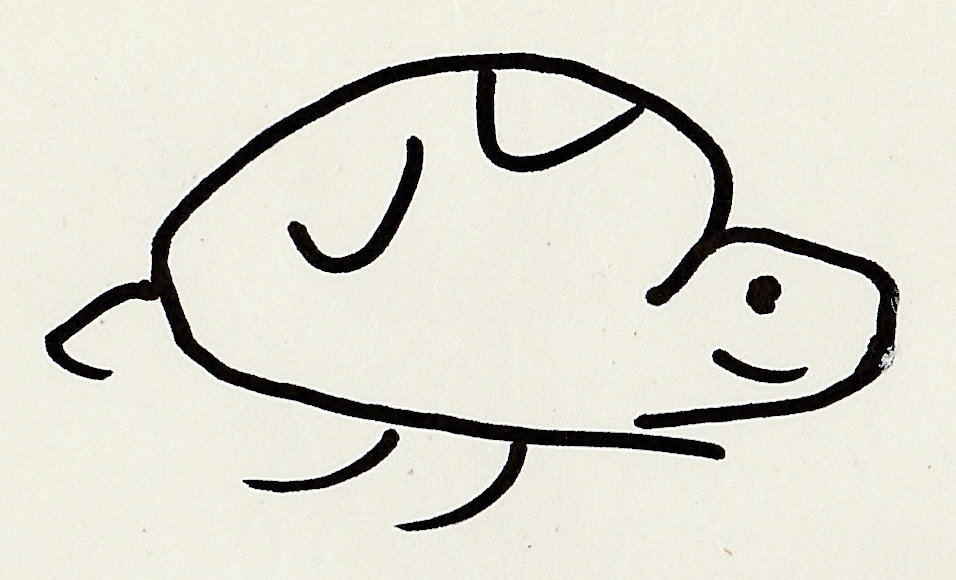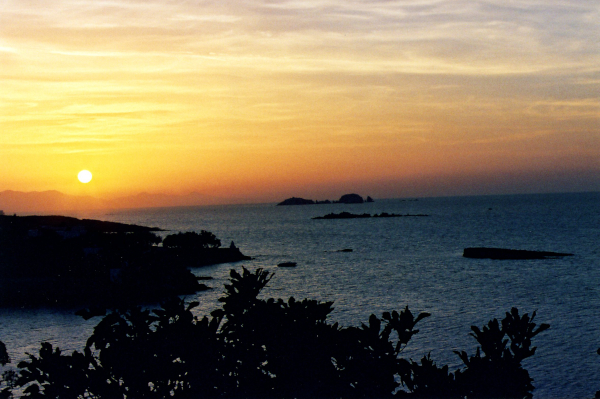Blog
As may be expected of a blog, it is an ongoing affair. For the moment, we publish here three types of texts that suit the definition of a blog.
- in English: texts that Touché and Guy post with a certain regularity at LinkedIn.
- in Portuguese: contributions of Touché to our company website on LinkedIn, and some of her older posts on Brasil com Z, a blog by expat Brazilians about the countries they emigrated to. The cooperation stopped some time ago, but Touché's texts are still interesting.
- in Portuguese, Dutch, English and even French: whenever we travel, we send newsletters to friends in several countries. At first, these messages appeared only in Portuguese, later a Dutch version was added, and in 2016 we were crazy enough to add a French and an English newsletter during our stays in New Zealand/Australia and Costa Rica. We will progressively post some of these travelogues, going back in time.
Note: the latest post is at the top. Use the menu at left or scroll down for older messages.
Touché at LinkedIn in 2025-1
Effects of distance
If we ever have the curiosity to search reliable definitions for the term ´distance´ Wikipedia can be a good source of information. As usual this democratic site offers diverse paths of knowledge and the fact that it remains open to contributions from just anyone makes it a base for solid trust. Here when trying to define ´distance´ Wikipedia offers a closer possibility of reaching clarity and good understanding in a language that is accessible to all and reducing the distance between our ignorance and our curiosity.
It is very interesting to know that there are various types of distance! It can be defined considering the domains of Physics and Geometry, like: Euclidean distance, Geographic distance, Geodesic, Statistical distances (Mahalanobis distance, Energy distance), Spatial distances (e.g., Manhattan distance and Chebyshev distance), Measure used in Computer science, (e.g., Levenshstein distance, Hamming distance, Lee distance, Jaro-Winkler distance), but there is a broad spectrum of notions that go beyond the idea of ´distance´ as an objective numerical measurement but rather as a qualitative description of a subjective experience and here we enter the universe of human emotional experiences that can be studied in Psychology, Human geography and the social sciences.
The explanations above just serve as an introduction to what this text is about. We do not belong to the exclusive group of Masters who can measure what concretely exists around the concept of distance. Although Psychology is classified as ´the scientific study of mind and behavior´ our focus is not on the strictly scientific side of this term but on the way we experience distance.
It is not that difficult to use technical methods to understand distance. Maps and all kinds of calculations can furnish enough information when someone wants to know how many unities of a specific measure (e.g., kilometers, miles) are there between places. That´s what calculators are for, right?
But ´distance´ not necessarily relates to how distant people are geographically speaking. When we refer to ´distance´ many times we refer to an emotion, the feeling of ´disconnection´ that can exist independently of geography. Reality proves it.
Of course it is easier to feel ´close´ to people when we live in the same environment. Neighborhood plays a clear role in our proximity possibilities. Even in a world where long-distance contacts are facilitated through the various channels on internet it is very improbable that the intimacy online equals a personal contact. But how wonderful that this alternative exists! It helps to keep families, friends and lovers together. It reduces the missing feeling that sometimes makes life so sad when we are geographically far from those we love.
On the other side... yes... we can feel disconnected from just anyone we meet frequently. Working teams, classmates, neighbors... you name it.
This is a big challenge in our times: how can we keep a good feeling alive despite geography and time of separation? It requires strong motivation, dedication, perseverance and a serious perception of the importance of trying to maintain our presence alive in the other person´s life.
Otherwise our image starts to fade away to a point where there is no more possibility to recognize who was there in that picture we call love. It is really easy to let it go... yes... very easy indeed.
visit our webpages about us, our travels, et cetera
we thank you for your preference











